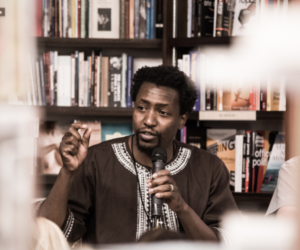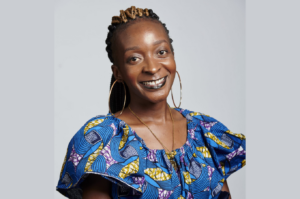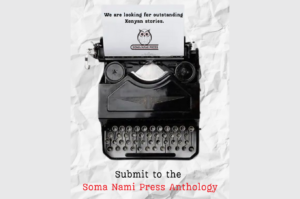
Controversies surrounding White appropriation of Black and Brown cultures seem to pop up every few weeks. The most recent one surrounds American Dirt by Jeanine Cummings, who claims she is only guilty of giving a face to “the faceless brown mass” of Mexican immigrants at the US border. To which her critics counter that she is in fact is peddling the very same racism and stereotypes she is claiming to deride. And having a fake border covered with barbed wire at her book launch does not help her case.
Nevertheless, several general questions emerge from the ensuing debates that are of interest to me as a writer and scholar: How do we roam across cultures, genders, sexualities, races, and ethnicities without transgressing borders and appropriating what other cultures have produced, often at great struggle and sacrifice? How do you write about others that you perceive to be distinct from you without infantilizing and paternalizing them? When, how, and why does empathy become racism? Yes, as writers, we should be free to write what we want, what our imagination give us, and what the world needs and demands from us, but free does not mean anything goes.
So if I could give MFA-type advice to White writers writing characters outside of their race, what would it look like? That is, what if I assumed that, unlikely as it sounds, Cummings for example simply did not know any better? Here then are ten points to consider:
1. Be honest about the prejudices that come with your pen. More than anything, reading the world through that messy jaundiced White lens of yours is what we want.
2. Stay away from your other’s language if you don’t speak it, and especially avoid thinking a few words here and there gives you more authenticity. If your story does not demand it, paternalism is the result.
3. Even if you have visited the city or country, or spent time amongst your natives, your over-descriptions do not make your voice more authentic. Even the most detailed descriptions will fail to make you sound more authentic because your “other” will always out-native you. Just write.
4. Reading works of fiction from your other is good, but it’s not research. Reading Chinua Achebe’s Things Fall Apart, for example, does not give you access to Igbo culture. Do not mirror back your other’s fiction as authentic culture in your fiction.
5. When doing real research, a good question is: What have we done to them? A better one: What have they done to us? The best one: What have they and others like them done for themselves? So ask all three.
6. Your novel is not a telescope into that far away Brown, Black land. If you are writing for the Whites, which is to say you are writing from the default, give no easy comforts.
7. Don’t be a White ally who amplifies: be in solidarity, be a comrade. We know your house is burning—opioid addictions, extreme poverty, racism, violence, historical amnesia, etc. How we can help? How can we be in solidarity?
8. Emotiveness leads to sympathy, not to empathy. In any case empathy is asymmetrical. Be in mutual solidarity.
9. Brown and Black people have been speaking for themselves and writing about themselves in the world long before you came along. Answer this: Why should we care about your perspective? Why does your voice matter?
10. To be concise: you lose authenticity by trying to be authentic. By trying to give voice to the voiceless, you lose your own voice. And your other certainly does not want to read that! And neither should your White readers.
ABOUT THE WRITER
 Mukoma Wa Ngugi is an Associate Professor of English at Cornell University. He is the author of The Rise of the African Novel: Politics of Language, Identity and Ownership, and of the novels Mrs. Shaw (2015), Black Star Nairobi (2013), and Nairobi Heat (2011), and the poetry collection Logotherapy (2016). He is the co-founder of the Mabati-Cornell Kiswahili Prize for African Literature.
Mukoma Wa Ngugi is an Associate Professor of English at Cornell University. He is the author of The Rise of the African Novel: Politics of Language, Identity and Ownership, and of the novels Mrs. Shaw (2015), Black Star Nairobi (2013), and Nairobi Heat (2011), and the poetry collection Logotherapy (2016). He is the co-founder of the Mabati-Cornell Kiswahili Prize for African Literature.









SFF Writing for White Goblins: Decolonising your Defaults – Sgittens October 05, 2021 09:43
[…] 1. Dyer, R. (1997) White. Routledge. 2. Ngugi wa Thiong’o (1986) Decolonising the Mind. London: James Curry. 3. Rieder, J. (2012) Colonialism and the Emergence of Science Fiction. Wesleyan University Press. 4. Helm, J.E. (2020). A Race is a Nice Thing to Have. Cognella Inc. 5. Mukoma Wa Ngugi (2020). Writing Your Other: A Concise Guide for White Writers. Brittle paper (Feb 6th). https://brittlepaper.com/2020/02/writing-your-other-a-concise-guide-for-white-writers-mukoma-wa-ngug… […]